saskatchewan Food Safety Regulations
Saskatchewan Food Safety Laws and Regulations
The province of Saskatchewan requires that all restaurants, food service establishments and food businesses follow provincial food safety regulations in order to ensure that all food produced and distributed is safe for human consumption. The Saskatchewan Health Authority oversees all food safety laws, with inspectors ensuring that all businesses are in compliance with regulations. Violations of Saskatchewan food safety regulations can lead to significant financial penalties, the cancellation of business licences, and in some cases, prosecution or the confiscation of your inventory.
Food safety regulations in Saskatchewan
Saskatchewan has declared that food safety is the responsibility of all citizens, extending from producers and processors all the way to those preparing food for themselves and loved ones. In order to help food businesses and individuals ensure that all food produced, distributed and served within Saskatchewan is fit for human consumption, the province has drafted two main pieces of food safety legislation. These include:
The Food Safety Regulations outline what food businesses in Saskatchewan must do to earn and maintain a licence to operate, with the Public Eating Establishment Standards serving as a complementary set of standards which should be followed by licenced businesses.
The Food Safety Regulations
Saskatchewan’s Food Safety Regulations is the principle legislative document which must be adhered to by all licenced food businesses in the province. The Regulations outline what must be done by businesses and establishments to earn and hold a licence to operate, the standards which physical food facilities must adhere to, basic handling, preparation, storage and sale of food and water in the province of Saskatchewan, and specifically lays out rules for milk and milk products.
The Regulations also outline basic requirements for personnel in food facilities, stating that food business operators must ensure that all employees are adequately trained to handle food safely within the facility, and that operators of public eating establishments must ensure that a certified food handler is present at all times when food is being prepared and served. The Regulations state that a local authority can also require operators or food handlers to attend and successfully complete an approved food safety course if the local authority believes that the food business is operated in a matter that is injurious to or could endanger public health.
Personnel must also maintain high standards of cleanliness and proper hygiene, which is to be monitored by operators of food facilities. Operators are also responsible for ensuring that any personnel who are infected with or carriers of a communicable disease that can be transmitted by food or who have an infection on the skin, acute respiratory infection or gastrointestinal illness do not work in the food facility in any capacity in which that person might contaminate food or surfaces in contact with food.
The Food Safety Regulations also cover home food processors, stating that only low-risk food is made for sale, that labelling requirements are strictly adhered to, and that a certified food handler is working in the premises of the home food processor at all times when low-risk food is being processed or prepared.
Public Eating Establishment Standards
The Public Eating Establishment Standards are to be read in conjunction with the aforementioned Food Safety Regulations. While not considered law, provisions of the Public Eating Establishment Standards become legally binding when attached as a condition of a licence to operate. The government of Saskatchewan expects that all public eating establishments are operated in accordance with these standards, though it acknowledges that there are situations to which the standard may not be reasonably applied or where operators can demonstrate alternative methods of meeting food safety requirements.
The Standards outline the requirements for the construction of public eating establishments and the general requirements for these facilities, including lighting, ventilation, finishing materials, hand washing stations, janitorial facilities, dressing rooms, washroom facilities, equipment and storage. In order to help facilities meet these requirements, the Standards contain basic recommendations which can be used to meet requirements.
Also outlined are operational requirements in regards to food safety. The Standards state that all food and ingredients should be sourced from approved sources, free from contamination and spoilage, that equipment and surfaces are properly maintained, cleaned and sanitized, reheated food is to follow recommended temperature control measures, that buffets and salad bars are designed, constructed and operated to ensure safe temperatures and prevent contamination, and that live birds and animals should not be kept or permitted on premises unless required to assist patrons or edible or decorative fish in covered aquariums or displays.
The cleaning, sanitizing and storage of all tableware, utensils and equipment is also covered by the Standards, which outlines requirements for manual and mechanical dishwashing, cleaning and sanitizing of large equipment and clean-in-place equipment, and the maintenance and general sanitation of the premises. Pest control, waste disposal and recycling, and basic personnel health and hygiene requirements are also outlined by the Public Eating Establishment Standards.
The Standards, like the Food Safety Regulations, require that food operators ensure that employees are adequately trained to handle food safely, with a strong recommendation that food handlers are recertified every five years.
Like so many other provinces, Saskatchewan’s food safety regulations require that all restaurants and food service establishments have at least one certified food handler on premises at all times. In order to avoid significant fines and other consequential penalties that can be given out by public health officers and inspectors, your food business must ensure that as many food handlers as possible are certified. This protects you in the event that employees get sick, can’t make it to work, or have to leave the premises for any reason and ensures that there’s always a certified food handler on premises.
Managing Food Safety is a nationally recognized online food handler certification training program, designed to be engaging and flexible so your food handlers can get certified quickly and efficiently while still retaining critical food safety knowledge so your patrons are always protected.
To find out more about how FoodSafetyMarket can make your business compliant with the provincial regulations, learn about our training solutions for businesses and individual food handlers.

Saskatchewan:
Food safety Legislation
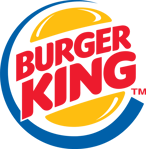

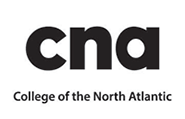
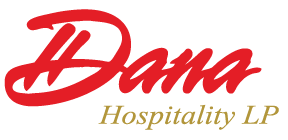

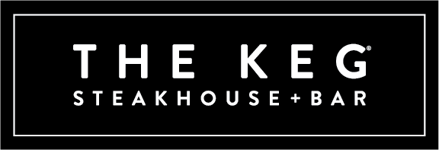
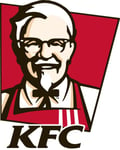
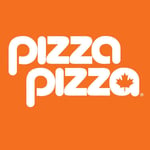
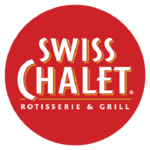


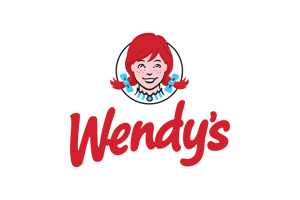

.png?width=800&height=240&name=Business%20MFS%20Banner%20(2).png)
.png?width=800&height=240&name=Individual%20Food%20Handler%20Banner%20(1).png)